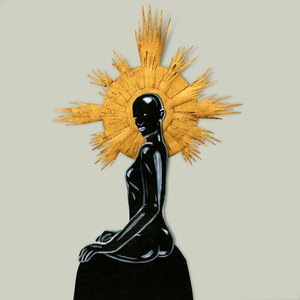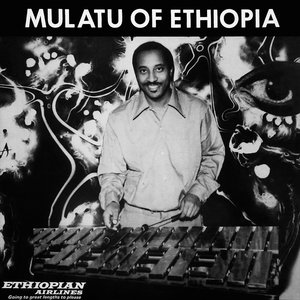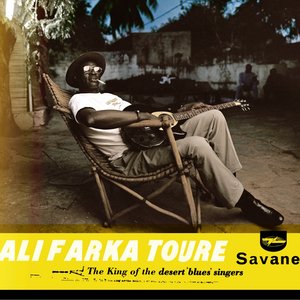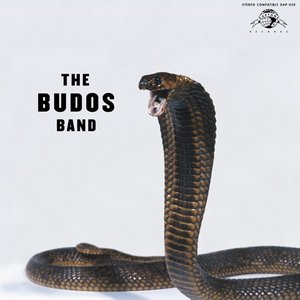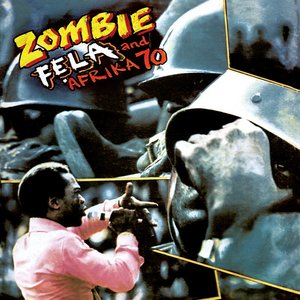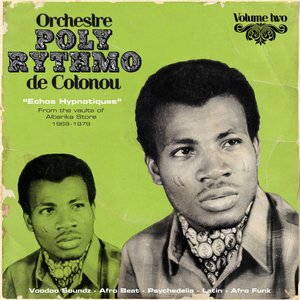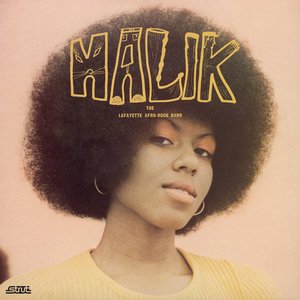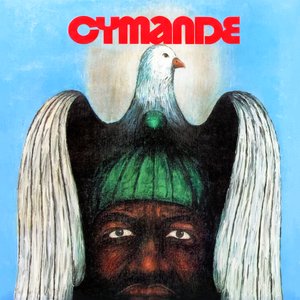Wiki
-
Release Date
1 January 1975
-
Length
2 tracks
In 1974, Fela Kuti was targeted by the Nigerian police, who attempted to arrest him by planting a joint of marijuana on him. This incident occurred during a period of intense government surveillance of Kuti's Kalakuta Republic compound, which served as both his home and a recording studio. In response, Kuti swallowed the joint, leading the police to detain him and wait for him to produce evidence. According to legend, he managed to use another inmate's feces, thus avoiding conviction and eventual release. This event exemplified the ongoing harassment Kuti faced from Nigerian authorities throughout his career.
The album Expensive Shit is not only a testament to Fela Kuti's humor and political defiance but also showcases his musical innovation. The title track, Expensive Shit, spanning approximately 13 minutes, is a semi-improvisational piece with complex percussion, funk guitar, and brass elements, reflecting Kuti's unique blend of Afrobeat and social commentary. The composition follows Kuti's signature style of extended instrumental sections, featuring his Afrika 70 band, before introducing vocals that critique government corruption and police harassment. The second track, Water No Get Enemy, offers a philosophical perspective, contrasting the impurity of "shit" with the purity of water, highlighting themes of cleansing and the sacred role of water in African cultures. This track incorporates traditional Yoruba proverbs and wisdom, demonstrating Kuti's ability to weave indigenous knowledge into modern musical expression.
"Expensive Shit" has received critical acclaim for its vibrant music and pertinent social themes. It was ranked number 78 on Pitchfork's "Top 100 Albums of the 1970s" and number 402 on Rolling Stone's "The 500 Greatest Albums of All Time". Music critics have particularly praised the album's innovative arrangement techniques, including its use of call-and-response patterns between horns and vocals, extended instrumental breaks, and the integration of traditional African rhythms with James Brown-inspired funk. The album remains a classic example of Afrobeat's power to blend music with political activism, demonstrating how art can serve as a vehicle for social change.
Fela Kuti's legacy continues to inspire artists today, with his music serving as a symbol of resistance against oppression and a celebration of African culture. His influence can be seen in contemporary artists who draw inspiration from his style and activism. Notable musicians like Burna Boy, Wizkid, and Seun Kuti (his son) have carried forward his musical traditions, while bands like Antibalas and orchestras like Rhythm Passport have dedicated themselves to preserving and evolving the Afrobeat genre. The album's themes of government accountability, social justice, and cultural pride remain relevant in modern political discourse, particularly in discussions about post-colonial African identity and resistance to authoritarian power.
Album descriptions on Last.fm are editable by everyone. Feel free to contribute!
All user-contributed text on this page is available under the Creative Commons Attribution-ShareAlike License; additional terms may apply.
